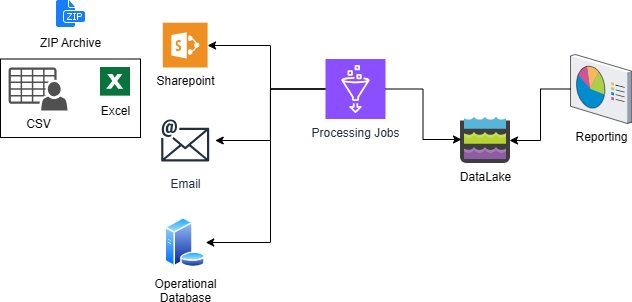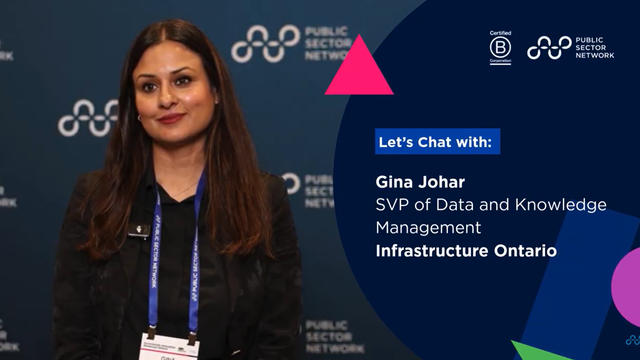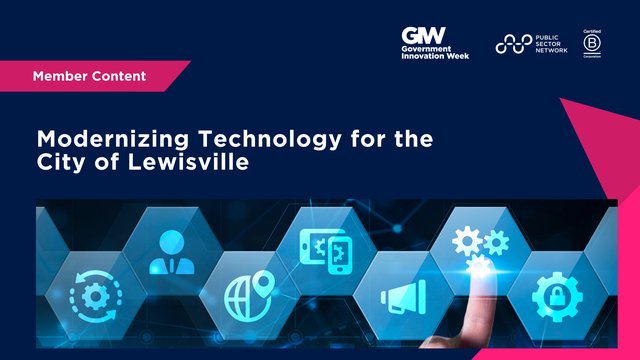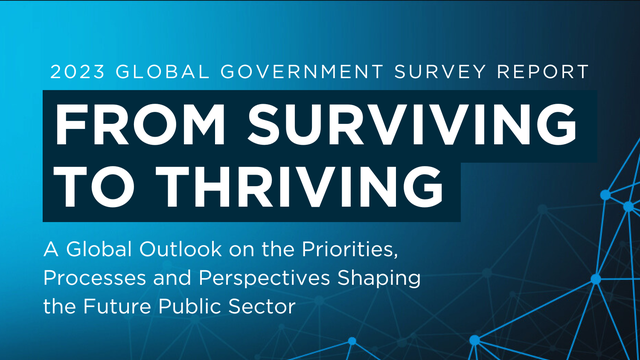

About Norwegian Public Roads Administration
The Norwegian Public Roads Administration (NPRA) is the administrative agency responsible for the national road network as well as for road users and vehicles. Operating under the aegis of the Country’s Ministry of Transport, NPRA’s ‘principal tasks are developing and creating conditions for an effective, environmentally friendly, future-oriented and safe road transport system.’ This includes:
- The planning, construction, operation and maintenance of the national road network.
- Vehicle inspection and requirements.
- Driver training and licensing.
- Road traffic safety.
- Climate and environmental issues and urban transport mobility.
The NPRA’s data portal was set up in 2020. In addition to making related data public, the portal shares data with the Government’s Norway’s national data portal, which in turn shares data with the European Union’s data portal, European Data.

Objectives of the NPRA data portal
The precursor to the portal was a hard-coded HTML page with a list of data. The NPRA copied that information manually across to the open data portal. The data portal is aimed at anyone that might have a use for its data, whether they be commercial entities, journalists, researchers, students, or just interested members of the public.
The NPRA data portal has three levels of data accessibility:
- Data entries that are completely open.
- Entries that have public information about data but which require permission to access. For example, this entry on case management system for traffic accidents. While it is public knowledge that NPRA has the data, Norway’s privacy law means that only people and organisations that are covered by the legal exemption mentioned can apply for full access to the data.
- Data entries that are for internal use only.
The NPRA wanted a portal that was flexible and searchable, and had an automatic export to the national portal using the Data Catalog Vocabulary-Application Profile (DCAT-AP), an extension based on Data Catalogue vocabulary and designed specifically for describing public sector datasets in Europe. The DCAT-AP standardises how metadata about public sector datasets is published, improving their discoverability and interoperability across different data portals across the European Union.
Since establishing their open data portal, the NPRA have been making gradual improvements, including extending the number of metadata fields and adding an API catalog, a centralised repository of the APIs, both internal and external, of interest or relevance to an organisation.
Link Digital’s role
Link Digital helped to build and finalise the NPRA’s open data portal and has undertaken ongoing hosting and management of the portal since it was set up.
According to Hilde Austlid, senior engineer at NPRA, CKAN—the Comprehensive Knowledge Archive Network—was identified as the preferred software for the portal early in the scoping process to establish the portal. “When we started looking for data portals, we wanted something that did most of what we wanted out of the box and which didn’t lock us to a specific provider. CKAN was pretty much the only one we found.”
The portal presents information in Norwegian and English and the main challenge in its development was getting the content translated, including translating tags for the datasets. For this Link Digital used a CKAN extension that is quite new in our work called ckanext-fluent. This provides a way to store and return multilingual fields in CKAN datasets, resources, organisations and groups.
Benefits and future plans
The portal has made it far easier for NPRA to share high quality data with the public and
the Norwegian Government’s national data portal, leading to overall increased data discoverability and shareability.
Future plans for the portal include improving the portal’s data descriptions, refinements to the portal’s permission settings and work to encourage more people and organisations to use it. The NPRA is also keen to expand the API catalog, by including more meta data fields to conform closer to the DCAT-AP standard.































